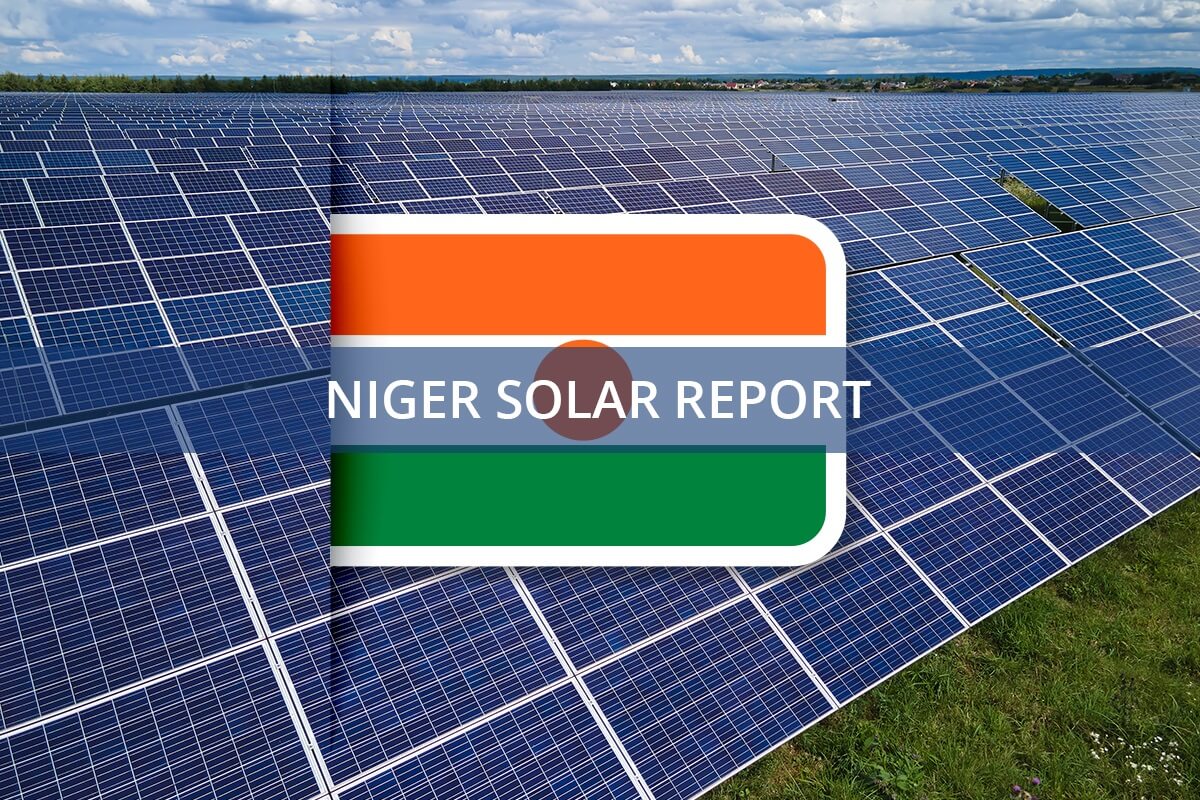Niger solar energy panel import initiative
Niger is addressing its critical electricity shortages by importing 200,000 solar panels from China, with a strategic plan to distribute them across the country. This ambitious initiative seeks to diversify the energy mix and significantly improve access to electricity, particularly in underserved rural areas.
The solar panels will be deployed in key cities such as Niamey, Dosso, Tillaberi, and Maradi within a six-month timeframe. As reported by Solar Quarter, rural regions will benefit from a program that involves assembling and installing 50,000 solar kits in the first year. These kits, also sourced from China, are purpose-built to bring electricity to remote and off-grid areas.
This initiative is a cornerstone of Niger’s broader strategy to enhance energy accessibility and reduce the heavy reliance on costly fossil fuel imports. It aligns with the national objective to achieve 30% rural electrification by 2024, a significant increase from the current 17%.
Niger solar energy crisis and current challenges
Niger’s ongoing electricity crisis is largely due to insufficient domestic generation capabilities and a heavy dependence on electricity imports from Nigeria and neighboring countries. Frequent power outages plague both urban and rural communities. Despite the country’s significant solar potential, its energy mix is overwhelmingly dominated by expensive diesel and fuel oil imports, which constitute nearly 90% of its energy needs. This dependency results in high production costs, making electricity unaffordable for many.
The government’s renewable energy strategy aims to elevate solar energy’s contribution to the energy mix to 30% by 2030. The import of solar panels from China is a pivotal step toward achieving this goal, facilitating Niger’s transition to a more sustainable energy future.
Niger solar energy potential and rural electrification
Niger benefits from abundant sunshine, with solar energy potential estimated at 5.5 to 6.5 kWh per square meter per day, making solar power a highly viable solution to the country’s energy challenges. The newly imported solar panels are expected to reduce reliance on fossil fuels and decrease electricity costs, especially in rural areas with limited grid access.
By harnessing solar energy, Niger aims to provide affordable and sustainable electricity to more than 80% of its population, most of whom reside in rural regions. The government’s emphasis on renewable energy is anticipated to generate employment opportunities, stimulate economic growth, and improve living standards for millions of Nigeriens.
Major Niger solar energy projects and developments
Niger is making noteworthy progress in solar energy development. The 30 MW Gorou Banda Solar Farm, located near Niamey, stands as the largest solar facility in the country, offering clean energy to the capital and surrounding areas. The 10 MW Malbaza Solar Plant in the Tahoua region supplies electricity to rural communities, supporting local agricultural activities.
The 50 MW Tera Solar Plant in the Tillaberi region is another major project, poised to become one of the largest solar plants in West Africa. It will provide power to over 100,000 households, significantly reducing Niger’s dependency on energy imports. Additionally, the 30 MW Dosso Solar Plant will supply electricity to the Dosso region, enhancing energy access and bolstering economic activities.
These projects, alongside the new solar panel initiative, underscore Niger’s dedication to expanding its solar energy capacity. By investing in renewable energy, Niger is not only addressing its electricity shortages but also contributing to global efforts to combat climate change.
Niger’s decision to import 200,000 solar panels from China marks a crucial step in addressing the country’s energy crisis. With abundant sunshine and a strong commitment to renewable energy, Niger is poised to transform its energy landscape and improve the lives of millions of its citizens.

